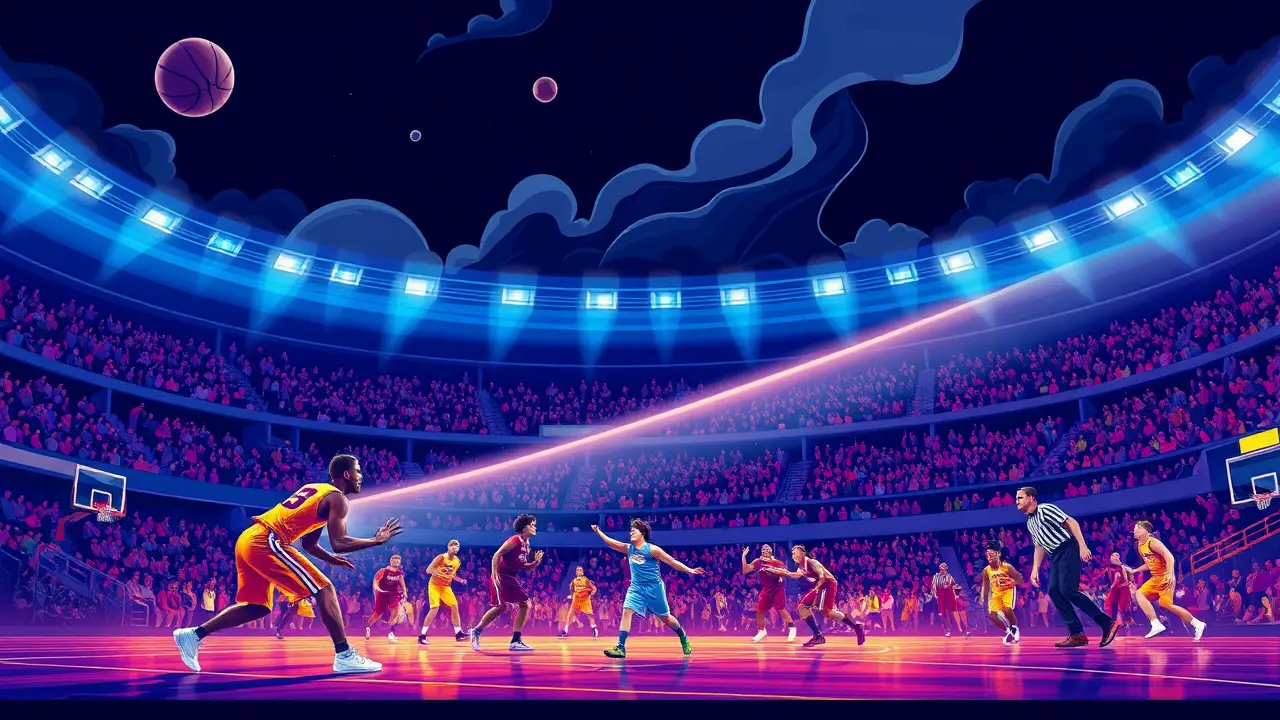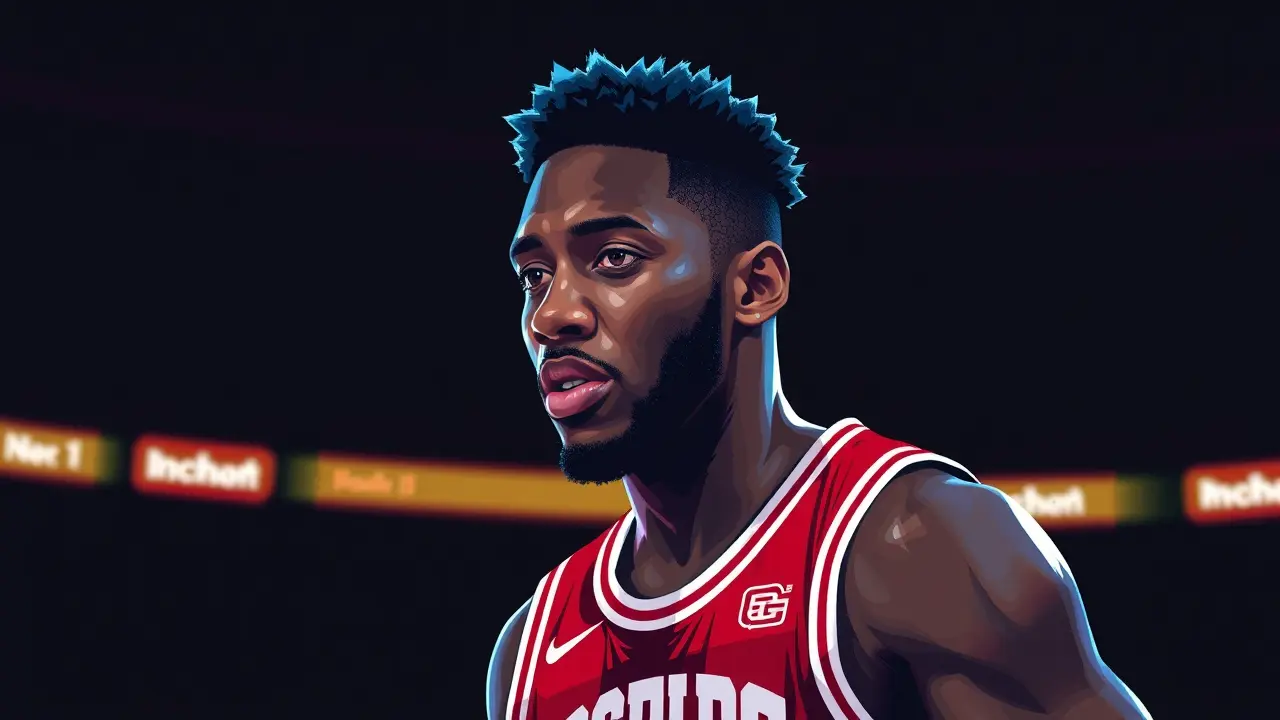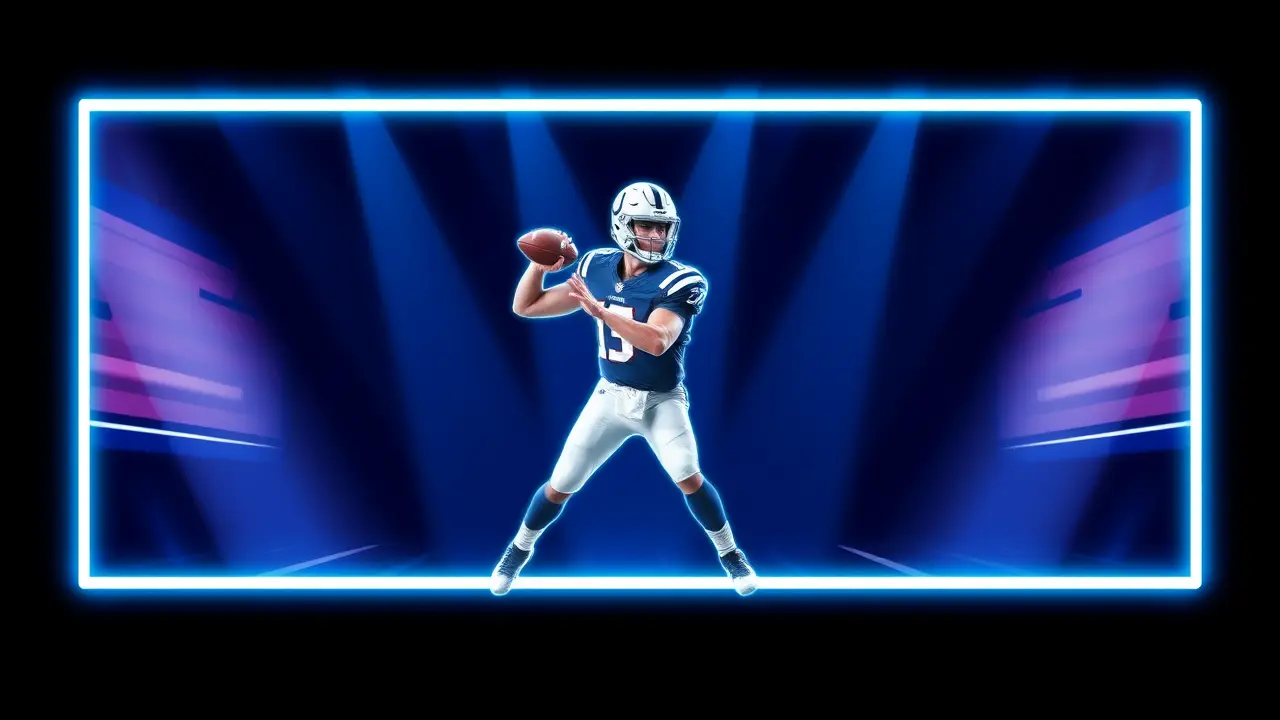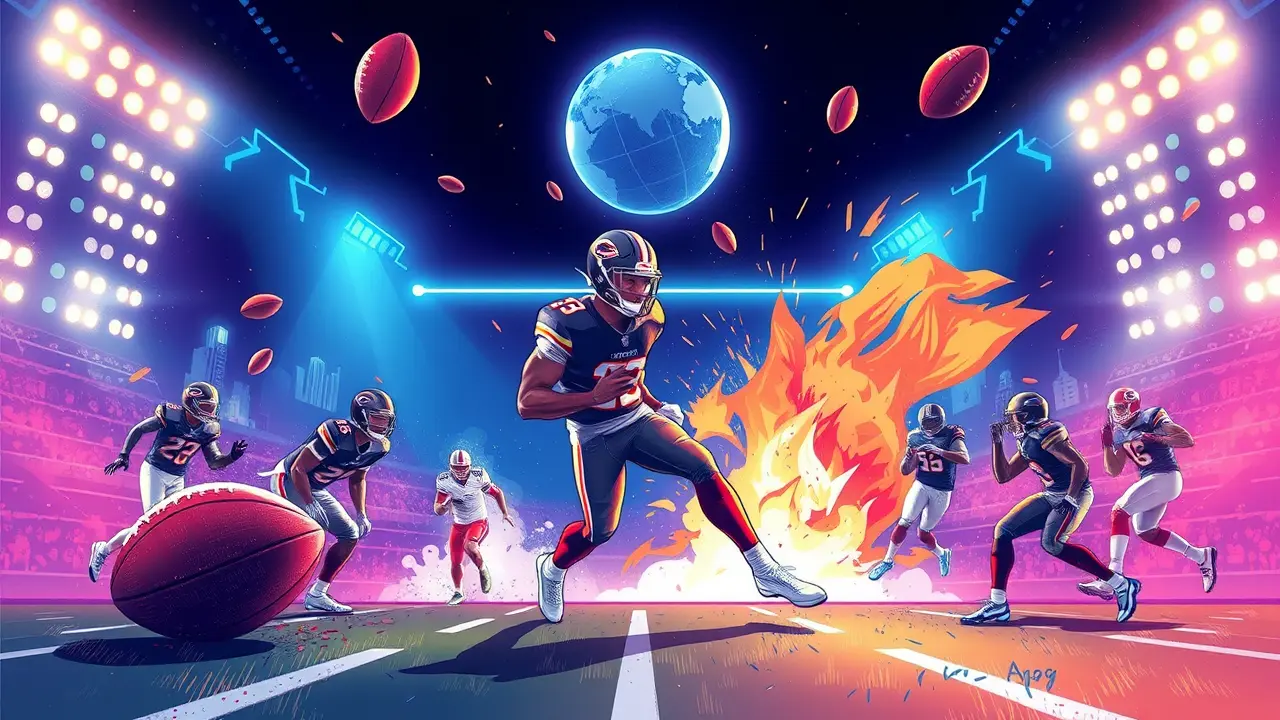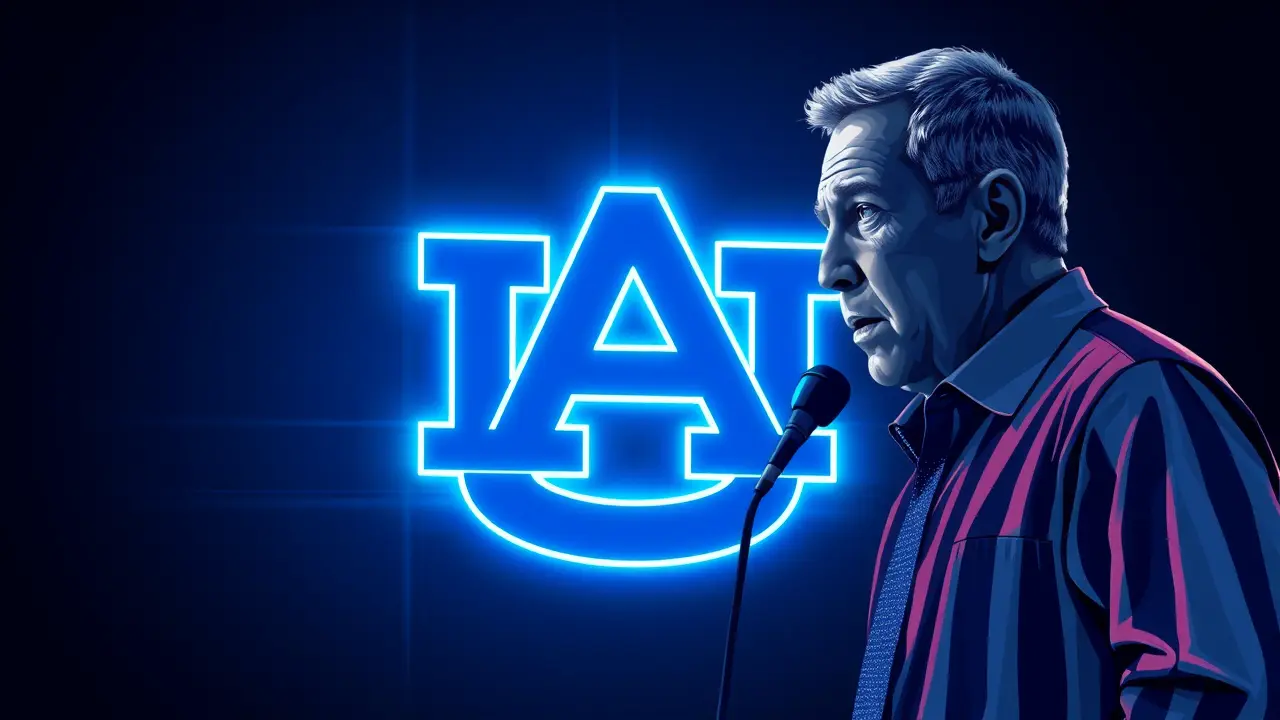
Hottest
SportbasketballCoaching Changes
The spotlight will shine brightly on Commanders DC Joe Whitt Jr. after his move
JA
Jack Turner
5 hours ago7 min read1 comments
The strategic relocation of Washington Commanders defensive coordinator Joe Whitt Jr. from the press box to the sideline represents far more than a simple logistical adjustment—it's a glaring indictment of defensive performance that echoes through NFL history with the resonance of a halftime speech in an empty stadium.While head coach Dan Quinn presented the move with characteristic media diplomacy, emphasizing the enhanced player communication and emotional recalibration benefits of having Whitt 'in the trenches' with his unit, the football-literate recognize this transition as the professional equivalent of a coach moving his desk to sit directly beside an underperforming employee. This calculated descent from the analytical sanctuary of the press box, where defensive coordinators typically enjoy panoramic visibility to diagnose offensive formations with clinical detachment, to the chaotic emotional crucible of the sideline signifies that the Commanders' defensive apparatus, meticulously crafted during the offseason, is failing its fundamental stress tests during live competition.The raw statistics paint a damning portrait: through the first quarter of the season, Washington's defense has consistently ranked in the league's bottom tier in critical categories including third-down conversion percentage, red-zone efficiency, and explosive plays allowed, metrics that directly correlate with the coordinator's play-calling precision and in-game adjustment speed. Historical precedents abound where such sideline reassignments served as final warnings before coaching casualties; recall the 2018 season when the Cleveland Browns demoted defensive coordinator Gregg Williams from the booth, a move that preceded his eventual dismissal despite a brief defensive resurgence, illustrating the precarious nature of such public demonstrations of tactical reshuffling.Whitt, a seasoned NFL veteran with deep roots in the defensive philosophies of mentors like Dom Capers and Mike Nolan, undoubtedly understands the subtext here—his extensive resume, which includes developing Pro Bowl cornerbacks and contributing to top-ten defensive units, now provides scant insulation from the immediate pressure to rectify fundamental breakdowns in gap discipline, communication in the secondary, and situational awareness that have plagued the team during critical moments. The sideline move theoretically facilitates more direct, immediate dialogue between coordinator and players, eliminating the communication lag inherent in the coach-to-quarterback-to-positional-coach relay system, allowing for rapid-fire adjustments after a broken coverage or a missed assignment that might take several series to diagnose and correct from the isolated vantage point upstairs.However, this very proximity carries its own perils, potentially immersing the coordinator in the emotional turbulence of the game—the frustration after a penalty, the desperation of a two-minute drill—thereby clouding the objective decision-making that defines successful defensive stewardship. Local DMV sports radio, a reliable barometer of fan sentiment, has amplified this narrative of institutional dissatisfaction, with hosts openly questioning whether this administrative tweak constitutes sufficient intervention for a defense that has repeatedly surrendered late-game leads, comparing it to rearranging deck chairs on the proverbial Titanic rather than addressing the fundamental structural flaws beneath the surface.The spotlight now burns with uncomfortable intensity on Whitt, whose every defensive call, every personnel grouping, every third-down blitz package will be scrutinized with microscopic intensity by a fanbase weary of defensive mediocrity. The broader context reveals this as a pivotal moment for the entire Commanders organization, signaling that the patience for developmental growing pains has evaporated, replaced by an urgent mandate for tangible, immediate improvement.Expert commentary from former NFL executives suggests that defensive coordinators operating under this level of scrutiny often become more risk-averse in their play-calling, potentially stifling the aggressive, turnover-forcing identity that successful modern defenses require, creating a vicious cycle of conservative schemes that yield modest statistical improvements but fail to generate game-changing plays. The consequences are starkly binary: either Whitt engineers a dramatic defensive turnaround, leveraging his newfound sideline presence to instill discipline, correct technique in real-time, and restore confidence to a unit showing signs of fracture, or he joins the grim annual statistics of NFL coaching casualties, becoming another name on the list of coordinators who failed to translate philosophical concepts into on-field execution. This narrative transcends Xs and Os, evolving into a profound examination of leadership, adaptability, and survival in the hyper-competitive ecosystem of professional football, where career trajectories are permanently altered by the capacity to respond when the organizational spotlight narrows to a blinding, unforgiving beam.
#hottest news
#Washington Commanders
#Joe Whitt Jr
#Dan Quinn
#defensive coordinator
#coaching staff
#NFL
#sideline move
#media criticism
Stay Informed. Act Smarter.
Get weekly highlights, major headlines, and expert insights — then put your knowledge to work in our live prediction markets.
Related News
© 2025 Outpoll Service LTD. All rights reserved.

